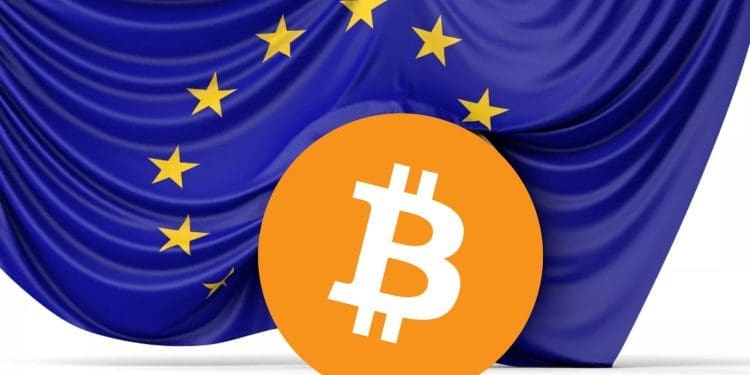- Upcoming DeFi rules in Europe could potentially ban non-decentralized protocols
- The European Commission is required to prepare a report by Dec. 30, 2024, evaluating the feasibility of regulating DeFi
- The report will explore how decentralized systems, particularly those without a clear issuer or service provider, should be regulated
Decentralized finance (DeFi) protocols in Europe may soon face new regulations as the European Commission evaluates the sector. The upcoming rules have raised concerns about the viability of some crypto projects under European law.
The European Commission’s Evaluation of DeFi
According to the Markets in Crypto-Assets (MiCA) framework, the European Commission must prepare a report by December 30, 2024 assessing the DeFi market. The report will explore regulating decentralized systems, especially those without a clear issuer or provider. A key focus will be exploring regulation of crypto lending and borrowing.
The Commission has already begun preparing. “We have initiated a number of actions. For instance, we are running a study on embedded supervision. No policy decisions have been taken yet,” a Commission spokesperson said.
Concerns Over Banning Non-Decentralized Applications
Some worry the new rules could ban decentralized finance applications that are not fully decentralized. MakerDAO co-founder Rune Christensen said the regulations could require licensing for DeFi interfaces like DEXs. “This would make DeFi frontends on normal internet domains as we know them today impossible. Only fully decentralized local downloaded frontends or full-KYC online frontends would be possible,” he wrote.
The regulations do not define decentralization criteria. The extent of rules would depend significantly on how regulators determine what constitutes a decentralized application. Protocols deemed not decentralized enough could be categorized as crypto asset service providers under MiCA, which would require obtaining a license.
Another route for regulating DeFi may be through the Financial Action Task Force (FATF). The FATF proposes that in some cases, individuals maintaining control over DeFi protocols could be considered virtual asset service providers, even if the arrangements appear decentralized.
The Growth of DeFi
The total value locked in DeFi has surged from $570 million in April 2020 to $967 billion today, representing 16,865% growth over that period. With DeFi expanding rapidly, regulation aims to provide oversight for these decentralized systems. However, the complexity around defining and regulating DeFi has raised concerns over the viability of some crypto projects under potential new rules.
Conclusion
As the European Commission evaluates introducing regulations for decentralized finance, it remains to be seen how protocols that are not considered fully decentralized will be impacted. The upcoming rules seek to provide oversight for the rapidly growing DeFi sector, but could also restrict applications of blockchain technology. The Commission plans to deliver a report assessing DeFi regulation by the end of 2024. Until then, the decentralized finance space will be following closely for any regulatory developments.














